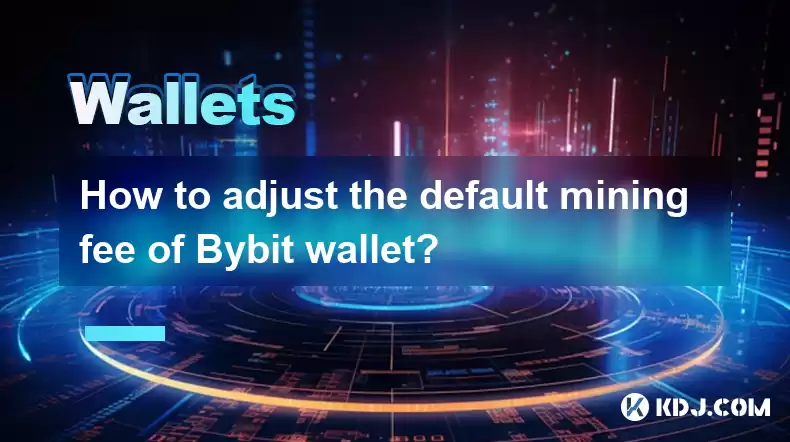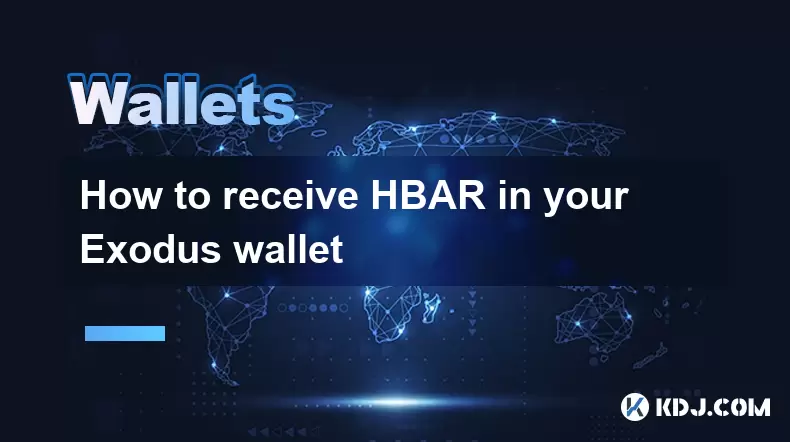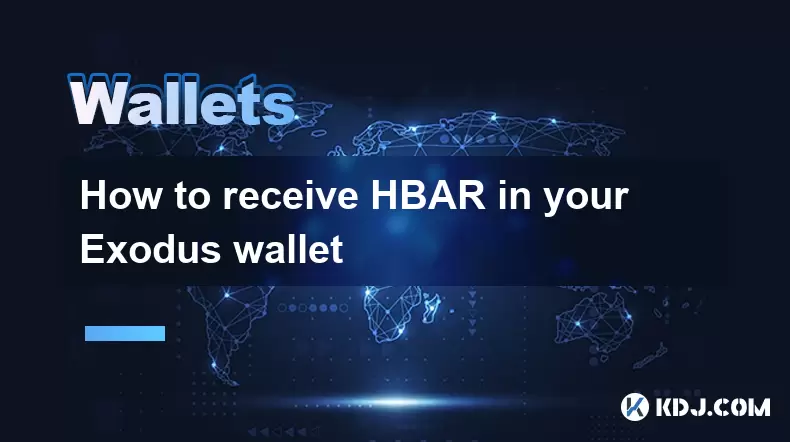-
 Bitcoin
Bitcoin $116400
-0.36% -
 Ethereum
Ethereum $4033
3.40% -
 XRP
XRP $3.302
-1.26% -
 Tether USDt
Tether USDt $1.000
-0.02% -
 BNB
BNB $796.1
1.67% -
 Solana
Solana $177.8
1.89% -
 USDC
USDC $0.9999
0.00% -
 Dogecoin
Dogecoin $0.2314
4.09% -
 TRON
TRON $0.3381
0.14% -
 Cardano
Cardano $0.7989
1.22% -
 Stellar
Stellar $0.4496
-1.84% -
 Chainlink
Chainlink $20.42
9.42% -
 Hyperliquid
Hyperliquid $41.17
0.88% -
 Sui
Sui $3.914
3.77% -
 Bitcoin Cash
Bitcoin Cash $584.7
1.52% -
 Hedera
Hedera $0.2632
-0.54% -
 Avalanche
Avalanche $24.09
3.40% -
 Ethena USDe
Ethena USDe $1.001
-0.02% -
 Litecoin
Litecoin $123.2
1.33% -
 Toncoin
Toncoin $3.318
-0.04% -
 UNUS SED LEO
UNUS SED LEO $8.984
-0.05% -
 Shiba Inu
Shiba Inu $0.00001323
2.85% -
 Uniswap
Uniswap $10.90
4.41% -
 Polkadot
Polkadot $3.999
3.34% -
 Dai
Dai $1.000
0.01% -
 Cronos
Cronos $0.1630
9.64% -
 Bitget Token
Bitget Token $4.484
0.82% -
 Monero
Monero $272.4
2.44% -
 Pepe
Pepe $0.00001173
6.03% -
 Aave
Aave $290.8
2.88%
How to adjust the default mining fee of Bybit wallet?
Bybit doesn't control mining fees; it displays blockchain network fees, which vary based on congestion and transaction size, and must be accepted to process transactions.
Apr 01, 2025 at 06:00 am

Bybit, a popular cryptocurrency exchange, doesn't directly offer a "mining fee" adjustment in the traditional sense like you might find with a mining pool. Instead, Bybit handles transaction fees on its platform. The fees you see are network fees associated with the specific blockchain you're using (like Bitcoin or Ethereum) and not a fee charged by Bybit itself for "mining" your transactions. This article clarifies the process and addresses potential misunderstandings.
Understanding Transaction Fees on Bybit
It's crucial to understand that Bybit doesn't mine cryptocurrencies. Mining is the process of verifying and adding transactions to the blockchain, and it's done by miners who receive block rewards. Bybit facilitates the transfer and trading of cryptocurrencies; therefore, the fees you encounter are network fees passed on to you by the network itself. These fees are directly related to the blockchain's congestion and are not controlled by Bybit.
The network fee (often referred to as gas fee on Ethereum) is dynamic and varies based on network conditions. High network activity leads to higher fees, while lower activity results in lower fees. You can't directly adjust these fees within the Bybit wallet interface. Instead, the fee is automatically calculated and displayed before you confirm a transaction.
How Transaction Fees are Calculated on Bybit
The calculation of the network fee is determined by the specific blockchain's algorithm. For instance, Bitcoin uses a fee-per-byte system, meaning the size of your transaction directly impacts the fee. Ethereum uses a "gas" system, where the complexity of the transaction determines the fee. Bybit simply displays the network's calculated fee, which you must accept to complete the transaction.
You can, however, indirectly influence the fee by adjusting the transaction's priority. A higher priority transaction (meaning you offer a higher fee) will be processed faster during periods of high network congestion. However, Bybit doesn't provide a direct input field to set the exact fee. The platform will suggest a fee based on the network's current conditions. Accepting the suggested fee is generally recommended for timely processing.
Understanding the Displayed Fees on Bybit
When initiating a transaction on Bybit, the platform clearly displays the estimated network fee before you confirm. This fee is not a Bybit charge but a cost passed on by the blockchain network. Understanding this distinction is critical. The fee is automatically calculated based on the network's current state and the transaction's specifics.
- Review the Fee: Always carefully review the displayed network fee before confirming any transaction.
- Time of Day: Network congestion (and thus fees) often fluctuates throughout the day. Consider timing your transactions accordingly.
- Transaction Size: Larger transactions (e.g., sending a large amount of cryptocurrency) will generally incur higher network fees.
Bybit's role is solely to facilitate the transfer of your cryptocurrency across the blockchain. The actual fee is imposed by the blockchain network itself, not by Bybit.
Addressing Common Misconceptions
Many users mistakenly believe Bybit controls the mining fee. This is incorrect. Bybit is an exchange, not a mining pool. They don't control the underlying blockchain's fee structure. The fee you see is a reflection of the blockchain's current state and its inherent mechanisms for processing transactions.
Frequently Asked Questions
Q: Can I lower the transaction fee on Bybit?
A: You cannot directly adjust the transaction fee within the Bybit wallet. The fee is determined by the blockchain network and is automatically calculated and displayed by Bybit before confirmation. You can only indirectly influence it by choosing a less busy time to transact.
Q: Is the fee Bybit charges for mining?
A: Bybit does not charge a mining fee. The displayed fee is the network fee required by the specific blockchain you are using to process your transaction. Bybit simply passes this fee along.
Q: Why are transaction fees so high sometimes?
A: High transaction fees usually result from increased network congestion on the blockchain. More transactions being processed simultaneously lead to higher demand and therefore higher fees to incentivize faster processing.
Q: What happens if I don't pay the displayed fee?
A: If you do not pay the displayed network fee, your transaction will not be processed. The blockchain network requires a fee to incentivize miners to process transactions, and without it, your transaction will fail.
Q: Does Bybit offer any tools to predict transaction fees?
A: Bybit doesn't offer specific tools to predict fees beyond displaying the current estimated fee at the time of transaction initiation. Third-party tools and websites may provide fee estimations, but these are not guaranteed to be perfectly accurate.
Q: How does Bybit handle failed transactions?
A: If a transaction fails due to insufficient fees, the funds will typically remain in your Bybit wallet. You can then try the transaction again, paying the updated network fee. However, always carefully review the transaction details before confirming.
Disclaimer:info@kdj.com
The information provided is not trading advice. kdj.com does not assume any responsibility for any investments made based on the information provided in this article. Cryptocurrencies are highly volatile and it is highly recommended that you invest with caution after thorough research!
If you believe that the content used on this website infringes your copyright, please contact us immediately (info@kdj.com) and we will delete it promptly.
- Bitcoin Goes to Harvard: Ivy League Embraces Digital Assets
- 2025-08-09 10:50:12
- Arctic Pablo Coin: The Meme Coin Presale Promising High ROI in Q3 2025
- 2025-08-09 10:50:12
- Pepe Price, Millionaire Potential, and Layer Brett: The Next Big Meme Coin?
- 2025-08-09 10:30:12
- Meme Coins: Multiply Your Investment with the Right Hype in 2025
- 2025-08-09 10:30:12
- Crypto, Million, Investment: Turning $1K into $1M in the Wild World of Digital Assets
- 2025-08-09 10:55:12
- Coinbase, UK Ban, and the Shifting Sands of the Financial System: A New Yorker's Take
- 2025-08-09 11:00:12
Related knowledge

How to manage your portfolio in Exodus wallet
Aug 08,2025 at 10:07pm
Understanding the Exodus Wallet InterfaceThe Exodus wallet is a non-custodial cryptocurrency wallet that supports a wide range of digital assets. When...

How to reset your MetaMask password
Aug 08,2025 at 01:28pm
Understanding the MetaMask Password Reset ProcessMany users confuse the MetaMask password with the seed phrase or private key, but they serve differen...

How to buy Dogecoin on MetaMask
Aug 08,2025 at 03:42am
Understanding Dogecoin and MetaMask CompatibilityDogecoin (DOGE) is a popular meme-based cryptocurrency that operates on its own blockchain, originall...

How to switch between networks in Trust Wallet
Aug 09,2025 at 11:07am
Understanding Network Switching in Trust WalletSwitching between networks in Trust Wallet allows users to manage assets across different blockchains, ...

How to receive HBAR in your Exodus wallet
Aug 08,2025 at 11:28pm
Understanding HBAR and the Hedera NetworkThe HBAR cryptocurrency is the native token of the Hedera Hashgraph network, a distributed ledger technology ...

How to receive HBAR in your Exodus wallet
Aug 09,2025 at 06:07am
Understanding HBAR and the Hedera NetworkHBAR is the native cryptocurrency of the Hedera Hashgraph network, a distributed ledger technology that uses ...

How to manage your portfolio in Exodus wallet
Aug 08,2025 at 10:07pm
Understanding the Exodus Wallet InterfaceThe Exodus wallet is a non-custodial cryptocurrency wallet that supports a wide range of digital assets. When...

How to reset your MetaMask password
Aug 08,2025 at 01:28pm
Understanding the MetaMask Password Reset ProcessMany users confuse the MetaMask password with the seed phrase or private key, but they serve differen...

How to buy Dogecoin on MetaMask
Aug 08,2025 at 03:42am
Understanding Dogecoin and MetaMask CompatibilityDogecoin (DOGE) is a popular meme-based cryptocurrency that operates on its own blockchain, originall...

How to switch between networks in Trust Wallet
Aug 09,2025 at 11:07am
Understanding Network Switching in Trust WalletSwitching between networks in Trust Wallet allows users to manage assets across different blockchains, ...

How to receive HBAR in your Exodus wallet
Aug 08,2025 at 11:28pm
Understanding HBAR and the Hedera NetworkThe HBAR cryptocurrency is the native token of the Hedera Hashgraph network, a distributed ledger technology ...

How to receive HBAR in your Exodus wallet
Aug 09,2025 at 06:07am
Understanding HBAR and the Hedera NetworkHBAR is the native cryptocurrency of the Hedera Hashgraph network, a distributed ledger technology that uses ...
See all articles

























































































